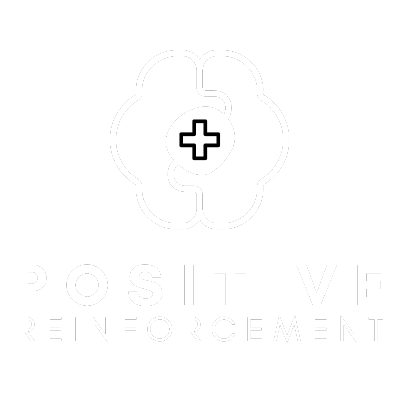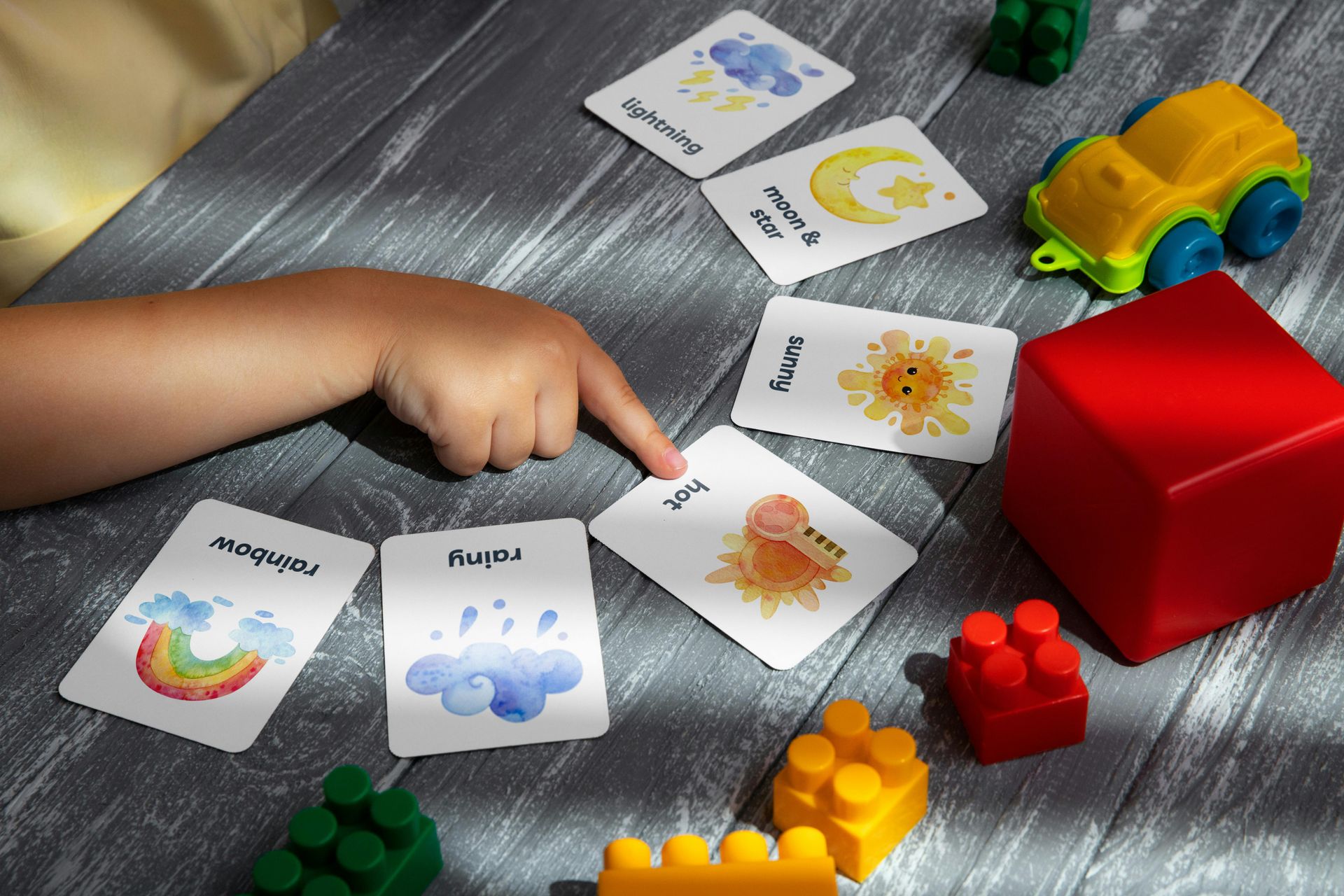Approaches for the Three Levels of Autism
Approaches for the Three Levels of Autism

Autism—also referred to as autism spectrum disorder (ASD)—is a developmental disorder that affects a child’s or adult’s communication and social skills. The fact that
the disorder manifests on a spectrum means that its symptoms vary greatly in their scope and severity. In turn, doctors and therapists can attach a level to a diagnosis of
autism; this level is perhaps more accurately referred to as a “level of support.” Let’s briefly examine the three levels of autism and how the treatment approaches differ for each.
Level 1 of Autism
This level of autism is the least severe and requires the smallest amount of support relative to the other levels. The symptoms at this level will still impact an individual’s life, but to a lesser degree. A child might have difficulty carrying on a conversation or making eye contact. As an adult, this might impact relationships or the ability to get and keep a job. Individuals with Level 1 autism may also be inflexible or struggle with organizational skills. They may benefit from select forms of therapy, but often enjoy a high quality of life with minimal support.
Level 2 of Autism
An autism diagnosis at Level 2 indicates more obvious and significant deficits to social and communication skills. Some children and adults at Level 2 may speak only a few words, have inappropriate responses or reactions, or be generally unable to communicate clearly. Inflexibility will be even more severe, and changes of any kind
may result in distress. Certain sensory inputs may also lead to distress. Even with the best supports—such as occupational therapy, sensory integration therapy, and/or ABA therapy—people with Level 2 autism will have a difficult time communicating and adjusting to change.
Level 3 of Autism
This is the most severe level of ASD. Impairments at this level may be described as debilitating. Verbal and nonverbal communication will be acutely limited. Individuals at this level may not wish to interact with other people at all, or their responses may be entirely inappropriate. Unwanted stimuli or a change in routine may even result in violent reactions. Level 3 warrants the most intensive and frequent therapy regimen available. People with this level of autism may even require a caregiver to help them meet their daily needs.
As you can see, autism affects individuals’ lives in a range of ways, which is, of course, why it is referred to as a spectrum disorder. One of the most important components to ensuring the best quality of life for a person with autism is to establish a sufficient level of support to help meet whatever needs they may have.
Positive Reinforcement offers ABA Therapy to all levels of Autism. we offer in home ABA services in Richmond VA, Ashburn VA, Somerset Kentucky, and surrounding areas.










